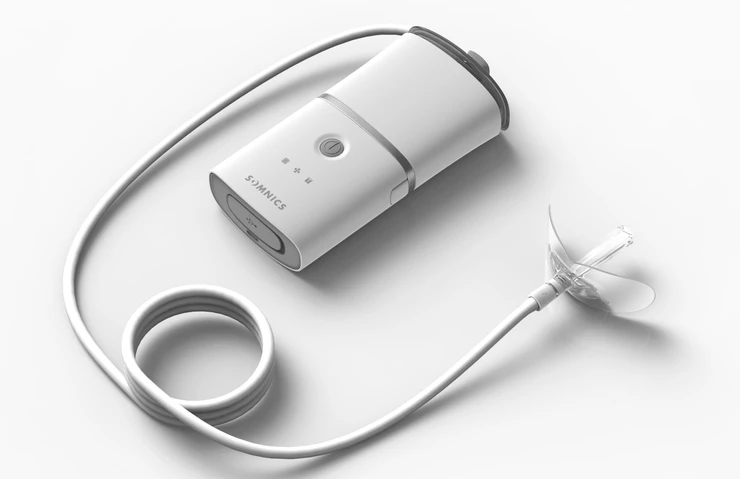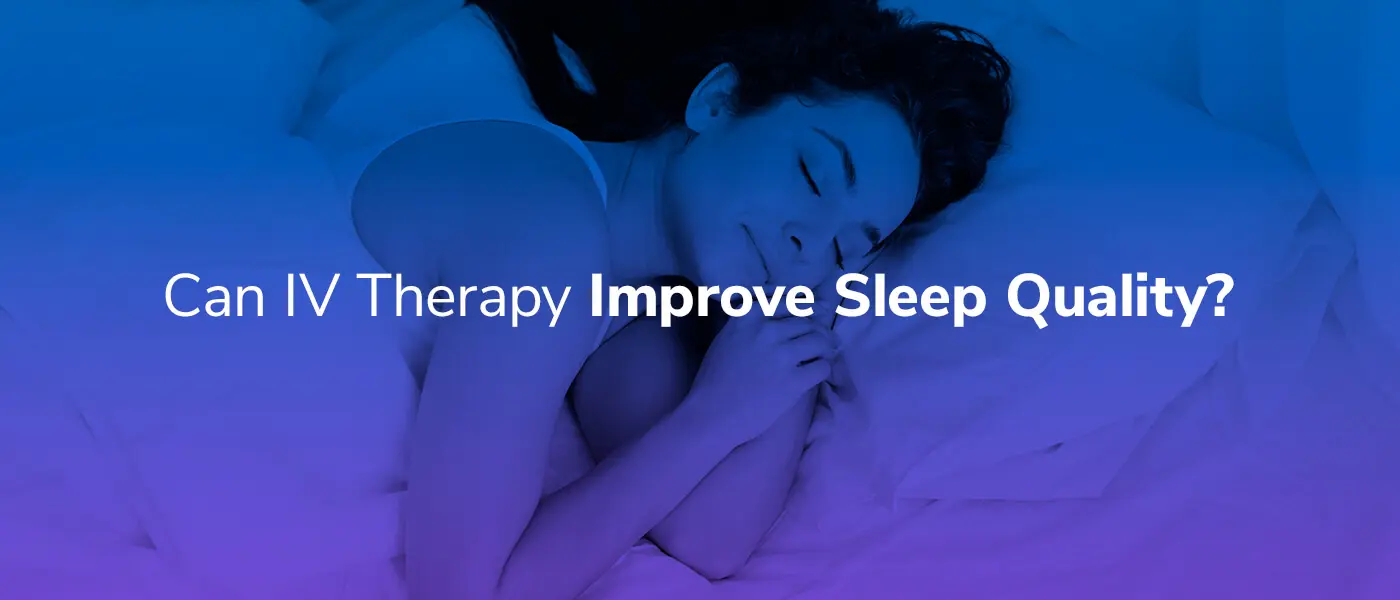Cognitive Behavioral Therapy for Insomnia (CBT-I) - Proven Methods
Cognitive Behavioral Therapy for Insomnia (CBT-I) - Proven Methods
Blog Article
Reliable Therapy Solutions for Handling Sleep Disorders and Enhancing Peaceful Sleep
In the world of healthcare, the management of sleep disorders and the mission for peaceful sleep are crucial parts of general well-being. As we browse the intricate landscape of sleep conditions and look for to enhance our sleep experience, a much deeper understanding of these therapy remedies may hold the key to opening a more refreshing and satisfying restorative journey.
Cognitive Behavior Modification for Insomnia (CBT-I)
Cognitive Behavior Modification for Insomnia (CBT-I) is an organized, evidence-based therapy approach that focuses on resolving the underlying factors adding to sleep disturbances. This kind of treatment intends to customize actions and thoughts that exacerbate sleeplessness, eventually promoting healthy rest patterns. CBT-I commonly entails a number of vital parts, including cognitive therapy, sleep restriction, stimulation control, and rest hygiene education.
Cognitive treatment helps individuals recognize and transform adverse thought patterns and beliefs about rest that may be impeding their capacity to fall or remain asleep. Rest limitation entails limiting the amount of time invested in bed to match the individual's actual rest duration, thus boosting sleep performance (insomnia therapy). Stimulation control methods assist develop a strong organization between the bed and rest by encouraging people to head to bed just when drowsy and to stay clear of involving in stimulating activities in bed
Furthermore, rest hygiene education and learning focuses on creating healthy and balanced sleep habits, such as keeping a constant sleep timetable, producing a relaxing going to bed routine, and optimizing the sleep atmosphere. By dealing with these factors adequately, CBT-I offers an efficient non-pharmacological treatment for handling sleeplessness and enhancing overall sleep quality.
Sleep Hygiene Practices
Having actually established the structure of cognitive restructuring and behavioral alterations in dealing with insomnia with Cognitive Behavioral Treatment for Sleeping Disorders (CBT-I), the focus currently moves in the direction of discovering important Sleep Hygiene Practices for keeping optimum rest top quality and overall well-being.
Rest health practices encompass a series of habits and ecological factors that can considerably impact one's ability to drop asleep and remain asleep throughout the night. Constant sleep and wake times, creating a relaxing bedtime regimen, and enhancing the sleep environment by keeping it dark, quiet, and cool are critical parts of excellent sleep hygiene. Limiting direct exposure to displays before bedtime, preventing stimulants like caffeine close to going to bed, and taking part in routine physical activity throughout the day can also promote far better rest high quality.
Moreover, exercising relaxation strategies such as deep breathing exercises or meditation before bed can help relax the mind and prepare the body for rest. By integrating these sleep health methods right into one's everyday routine, people can develop a healthy sleep pattern that sustains peaceful sleep and general well-being.
Relaxation Techniques and Mindfulness
Carrying out relaxation methods and mindfulness techniques can play a crucial role in promoting a feeling of calmness and promoting high quality sleep. insomnia solutions. These strategies intend to quiet the mind, minimize stress, and produce an optimal Website atmosphere for relaxing rest. One extensively practiced method is deep breathing workouts, where individuals concentrate on slow, deep breaths to kick back the mind and body. Dynamic muscle relaxation entails tensing and after that releasing each muscle mass team, promoting physical relaxation. Additionally, assisted images can assist deliver individuals to a calm location in their minds, helping in stress reduction and improving rest high quality.
By including these methods right into a bedtime regimen, people can signal to their bodies that it is time to prepare and take a break for rest. On the whole, incorporating leisure strategies and mindfulness techniques can dramatically contribute to managing rest problems and improving total rest high quality.

Medicine Options for Rest Disorders
After exploring leisure techniques and mindfulness techniques as non-pharmacological interventions for improving rest quality, it is vital to take into consideration medicine options for people with rest disorders. In instances where way of living changes and therapy do not supply adequate relief, medication can be a useful tool in managing rest disruptions.
Typically prescribed drugs for rest disorders include benzodiazepines, non-benzodiazepine hypnotics, antidepressants, and melatonin receptor agonists. Benzodiazepines, such as diazepam, are sedatives that can aid induce sleep, but they are typically advised for temporary use because of the danger of dependancy. Non-benzodiazepine hypnotics like zolpidem are also used to treat insomnia and have a reduced threat of reliance contrasted to benzodiazepines. Antidepressants, such as trazodone, can be useful for people with co-occurring anxiety and rest disruptions. Melatonin receptor agonists, like ramelteon, target the body's natural sleep-wake cycle and can be valuable for controling rest patterns.
It is crucial for individuals to seek advice from a medical care provider to figure out the most proper medication alternative based upon their certain sleep condition and medical background.
Light Therapy for Body Clock Regulation
Light treatment, likewise recognized as phototherapy, is a non-invasive treatment approach used to regulate circadian rhythms and improve sleep-wake cycles. This therapy entails direct exposure to bright light that resembles natural sunshine, which assists to reset the body's body clock. By exposing individuals to certain wavelengths of light, generally in the early morning or evening depending upon the preferred impact, light treatment can properly adjust the circadian rhythm to advertise wakefulness news throughout the day and boost restful rest at night.
Study has actually shown that light treatment can be specifically useful for individuals with circadian rhythm disorders, such as postponed sleep stage syndrome or jet lag. It can also be practical for those experiencing seasonal depression (SAD), a sort of anxiety that typically happens throughout the cold weather when natural light exposure is lowered. Light therapy is normally well-tolerated and can be used along with various other treatment approaches for sleep conditions to enhance results and enhance overall sleep quality.
Verdict
Finally, reliable treatment remedies for managing rest disorders and improving relaxed sleep consist of Cognitive Behavioral Treatment for Sleep Problems (CBT-I), sleep hygiene article practices, leisure strategies and mindfulness, medicine choices, and light therapy for circadian rhythm regulation. These approaches can aid people enhance their sleep high quality and total health. It is essential to talk to a medical care company to establish one of the most ideal approach for resolving rest problems.
As we browse the intricate landscape of sleep problems and seek to boost our rest experience, a deeper understanding of these therapy remedies might hold the secret to unlocking an extra refreshing and fulfilling corrective trip.
Sleep constraint entails restricting the quantity of time invested in bed to match the person's actual rest period, therefore raising sleep performance. Regular sleep and wake times, creating a relaxing going to bed regimen, and maximizing the sleep atmosphere by maintaining it dark, peaceful, and cool are important elements of good rest health. Light therapy is normally well-tolerated and can be used in combination with other therapy techniques for rest disorders to enhance results and enhance overall rest high quality.

Report this page